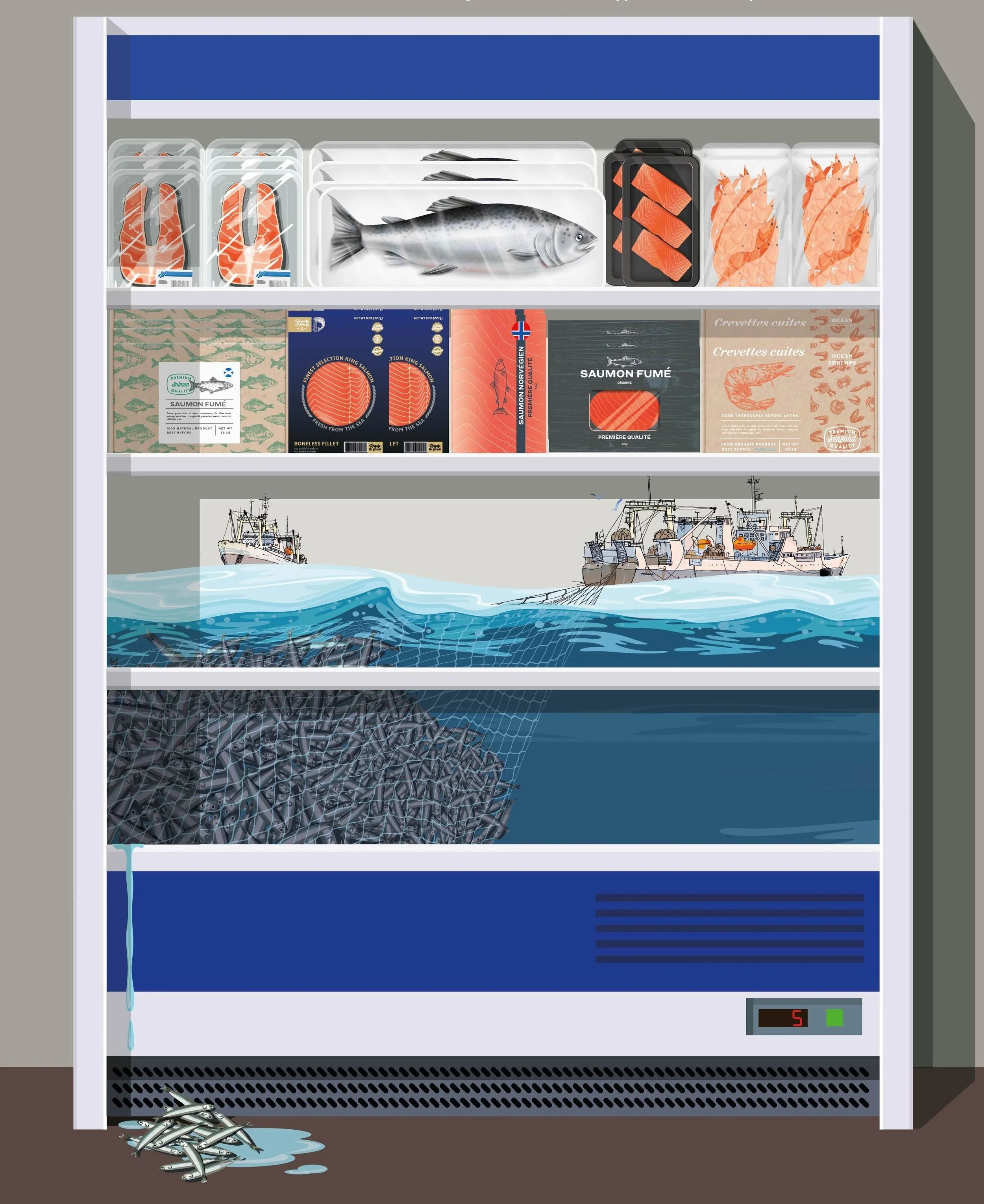At COP26, the 'Transform Bottom Trawling' coalition discussed the link between bottom trawling and climate change, a practice that is causing outrage among marine conservationists in general and small-scale fisheries in particular.
When the fish do not turn up: seeing the concrete signs of climate change
Bilbao, rapporteur of the EU-Gabon SFPA: "The Commission should publish the plans and objectives achieved with the sectoral support of agreements with third countries"
“Finance in Common”: public development banks ignore the communities their investments have an impact on
The Finance in Common (FiC) summit will be discussing food security and agribusiness, supposedly building on the UN Food Systems Summit, for which civil society already expressed concerns. On this occasion, more than 270 small-scale producers, indigenous peoples and civil society organisations, including CFFA, publish a joint statement.





















